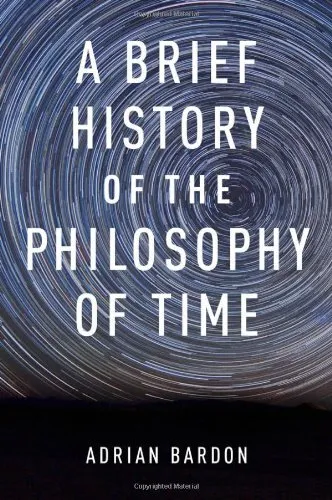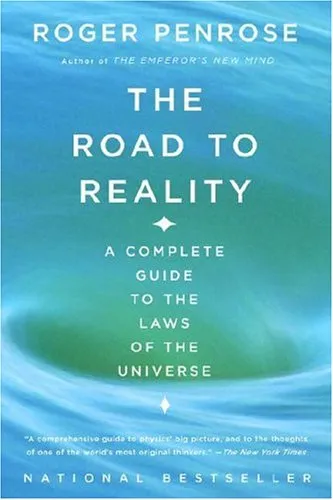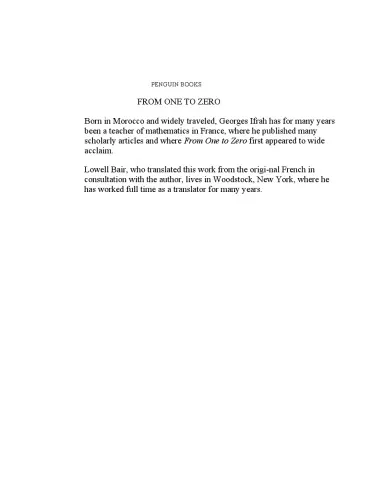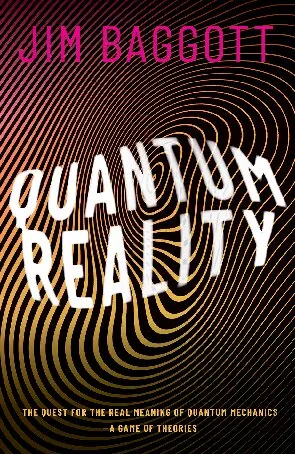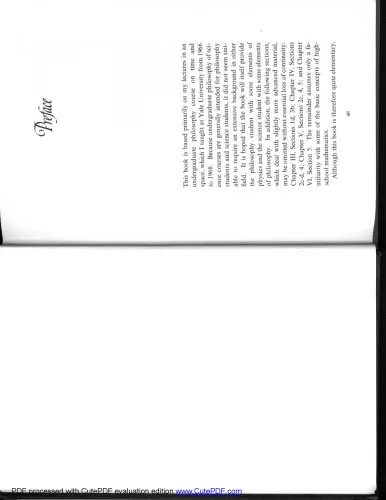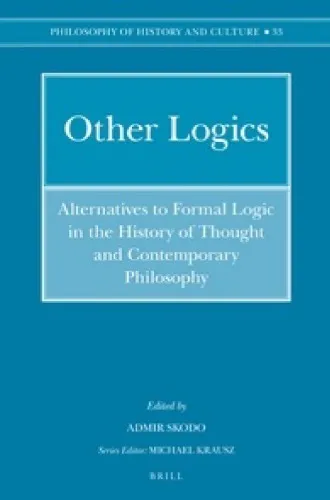A Brief History of the Philosophy of Time
4.5
Reviews from our users

You Can Ask your questions from this book's AI after Login
Each download or ask from book AI costs 2 points. To earn more free points, please visit the Points Guide Page and complete some valuable actions.Related Refrences:
Introduction to 'A Brief History of the Philosophy of Time'
Time is one of the most intriguing subjects of philosophical inquiry, weaving its way through metaphysics, epistemology, and even the philosophy of science. 'A Brief History of the Philosophy of Time' is an intellectual journey that brings clarity to this abstract yet ubiquitous concept. Delving into the works of famous philosophers from ancient to modern times, the book elucidates how our understanding of time has evolved and why it matters.
Detailed Summary of the Book
The book navigates through a historical trajectory, starting with ancient philosophical inquiries by figures like Parmenides and Zeno, who first posed paradoxes about the nature of space and time. Moving through the Middle Ages, the book explores how Saint Augustine posited the idea of time as a construct of the human mind rather than a physical entity.
The journey continues into the modern era with the advent of Newtonian physics, where time was seen as absolute and independent—a backdrop to the unfolding of the universe. It proceeds toward the revolutionary ideas of Einstein's relativity, which challenge the notion of an absolute time, expanding into discussions about time's relative nature as perceived by different observers.
The book also pays considerable attention to contemporary debates, such as the tension between A-theorists, who argue that the present is special and objective, and B-theorists, who contend that all points in time are equally real. Through careful exposition of these theories and their implications for free will, causality, and the human experience, the text provides a comprehensive overview for both novices and seasoned philosophers.
Key Takeaways
- The concept of time has undergone significant transformations, informed by philosophical, scientific, and technological advancements.
- Understanding time's nature involves interdisciplinary insights, spanning from metaphysics to the philosophy of science.
- Contemporary debates about the nature of time remain some of the most engaging discussions in philosophy today.
- Our comprehension of time influences various aspects of human thought, including perceptions of reality and existential musings.
Famous Quotes from the Book
Here are some thought-provoking quotes from 'A Brief History of the Philosophy of Time':
"Time is both an enigma and a daily reality that encapsulates the existential riddle of our being."
"To understand time is to understand a fundamental aspect of the universe and our place within it."
"Philosophy of time owes its perplexing nature to its dual identity as both a scientific and philosophical problem."
Why This Book Matters
The relevance of 'A Brief History of the Philosophy of Time' lies in its ability to demystify one of the most profound yet nebulous concepts encountered by humanity. In a world dictated by schedules and predictability, understanding time transcends mere academic curiosity; it is critical for shaping our perceptions of free will, identity, and even our mortality.
Offering a detailed yet accessible exploration of philosophical and scientific perspectives, this book serves as an invaluable resource for anyone interested in pondering one of the most captivating subjects in human thought. Its contribution to philosophy is not just historical but also contemporary, paving the way for new explorations in the understanding of time and its philosophical implications.
Free Direct Download
You Can Download this book after Login
Accessing books through legal platforms and public libraries not only supports the rights of authors and publishers but also contributes to the sustainability of reading culture. Before downloading, please take a moment to consider these options.
Find this book on other platforms:
WorldCat helps you find books in libraries worldwide.
See ratings, reviews, and discussions on Goodreads.
Find and buy rare or used books on AbeBooks.
1464
بازدید4.5
امتیاز0
نظر98%
رضایتReviews:
4.5
Based on 0 users review
Questions & Answers
Ask questions about this book or help others by answering
No questions yet. Be the first to ask!
